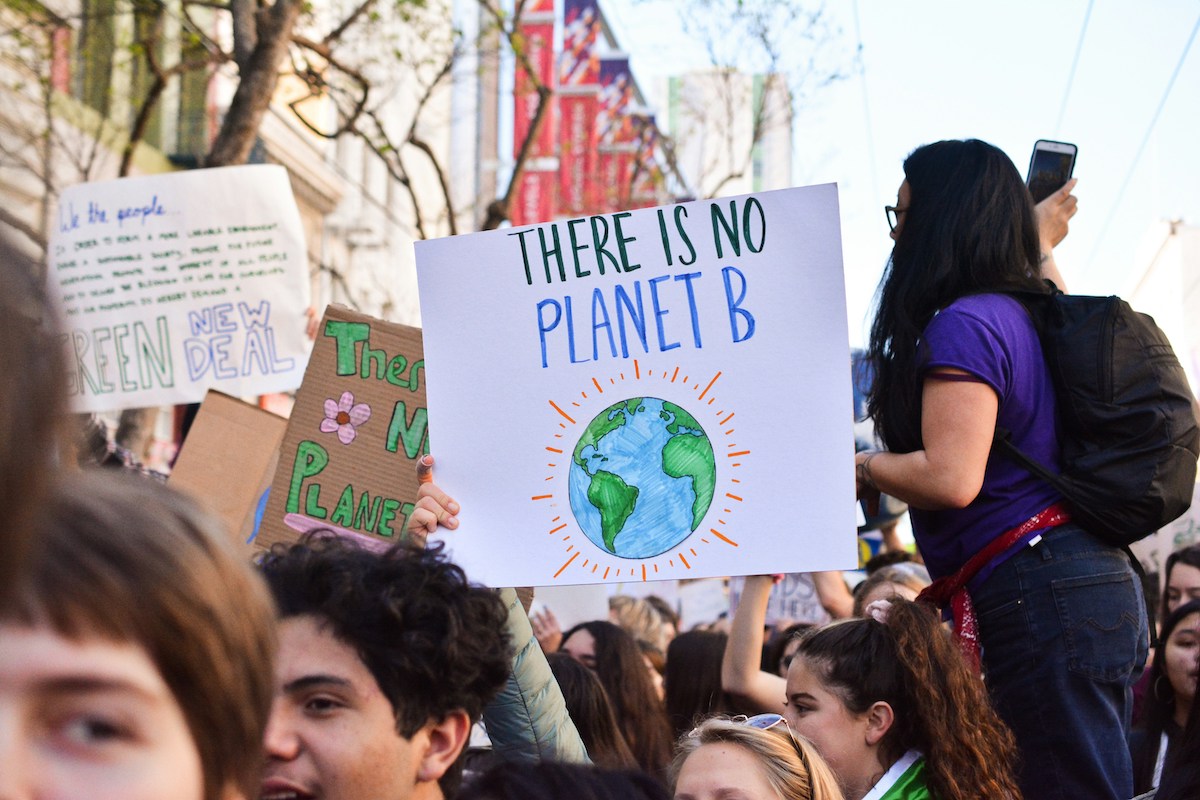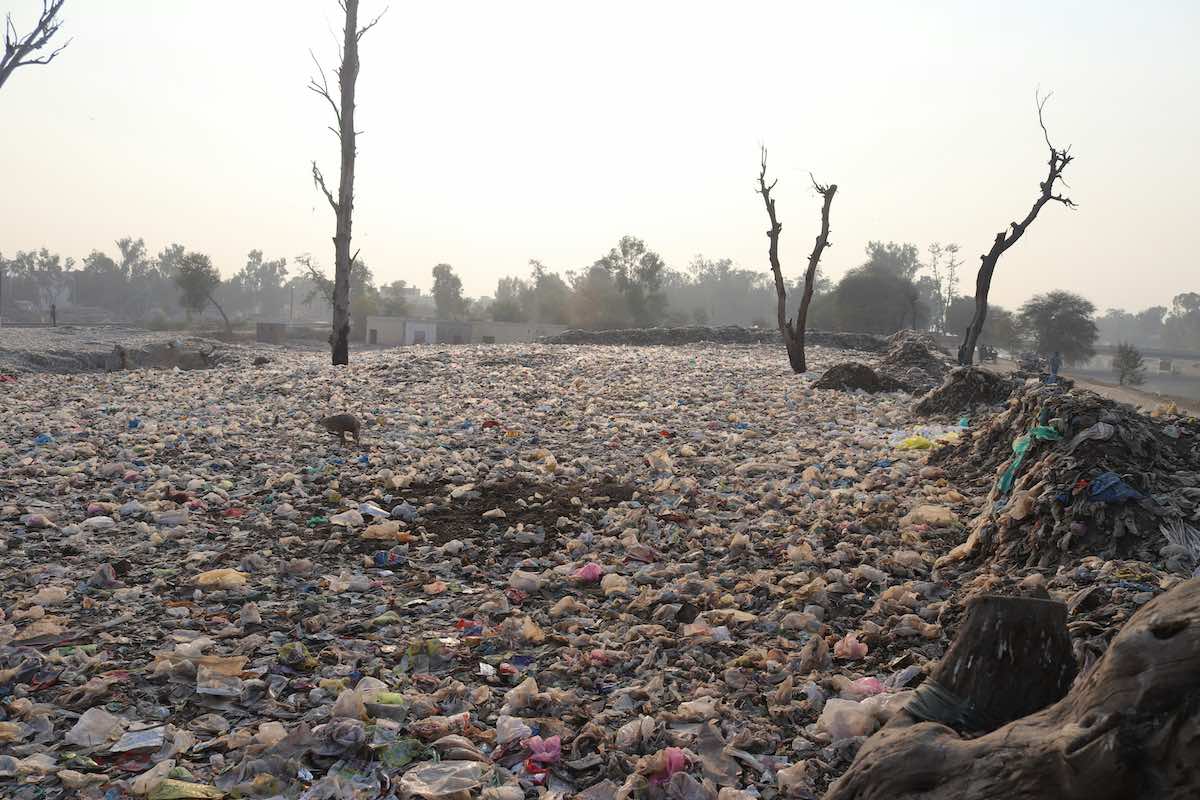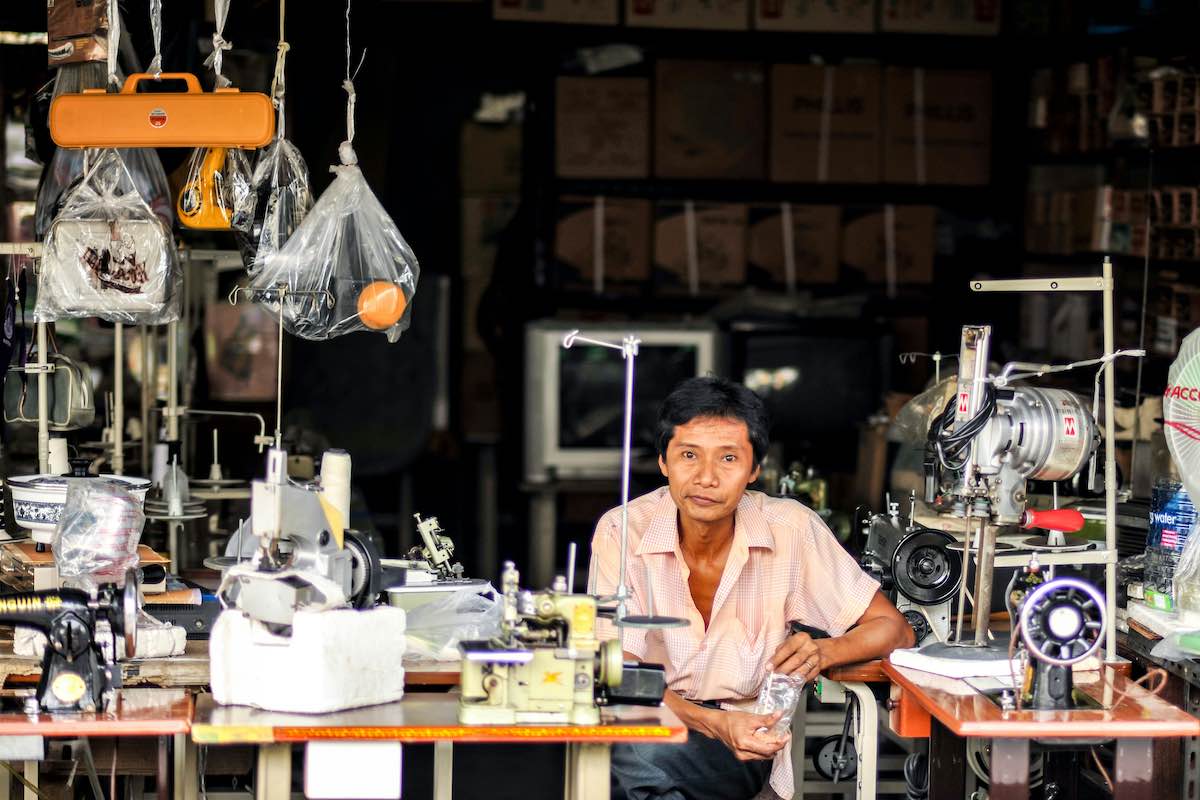
Climate Colonialism | The Fashion Industry Is Guilty Too
Did you know that climate change is linked to colonialism? Colonialism is not a thing of the past, and climate change is a reminder of its presence. Fashion and textile industries contribute to climate colonialism, negatively impacting countries and their inhabitants for capital gain.
WHAT IS CLIMATE COLONIALISM?
Climate colonialism refers to the practice of colonialism in the context of climate change. Colonialism is the control or domination of one country over another, typically involving the exploitation of resources, land, and people. Historically, colonial powers, mainly from Europe, imposed economic, political, and cultural control over regions in Africa, Asia, the Americas, and the Pacific. Colonialism caused profound social and environmental impacts that have lasting legacies and detrimental impacts today.
Climate colonialism is an extension of this exploitative practice. Wealthier nations and corporations disproportionately use the resources and labour of poorer, often previously colonised countries, to offset their own climate impacts and fuel economic growth. While the richer nations benefit, the poorer ones bear the brunt of environmental degradation and social disruption. It’s a continuation of colonial patterns, focusing on environmental and climate injustice, making it a key issue in discussions about global inequality and sustainability today.

HOW IS THE FASHION INDUSTRY INVOLVED?
Due to our society’s love of consumerism, the fast fashion industry is booming. The rate at which trends change, and the resultant high demand for fashion, means that all across the supply chain, from extraction to production to waste management, practices must be rapid. This business model is inherently unsustainable and the exploitative practices unfairly impact those in the global south and have negative impacts on the environment. Here are some ways the fashion industry is responsible for climate colonialism.
WASTE COLONIALISM
The fashion industry creates around 92 million tonnes of waste annually. Most of this waste is exported to developing countries such as Ghana and Kenya, where it ends up in landfills. The excessive amount of waste clothing that these countries receive overwhelms local waste management systems and causes environmental harm to the surrounding areas. Thanks to the growth of fast fashion, which produces low quality clothing, this is getting worse.
Waste colonialism recreates the dynamic of the exploiter and the exploited, mimicking colonial practices. It also has negative impacts on the environment, polluting water systems, particularly when synthetic fibres are burnt in the open, producing CO2.
EXPLOITATIVE LABOUR PRACTICES
Another aspect of the fashion industry, that has colonial characteristics, is exploitative labour. Many fashion brands use sweatshop labour from less economically developed countries such as Vietnam and Bangladesh. Workers, often women and children, face harsh working conditions, long hours, and minimal pay. This is an issue of labour rights as well as environmental issues. Poor working conditions are often accompanied by a lack of environmental regulation, leading to hazardous waste disposal and toxic pollution, disproportionately impacting local communities.
RAW-MATERIAL EXTRACTION
Many materials used in our clothes, like cotton and leather, are sourced from countries in the Global South. These nations bear the brunt of environmental degradation caused by intensive farming practices, deforestation, and water pollution. For example, cotton farming in countries like India and Uzbekistan has led to severe water shortages and soil depletion, affecting local communities that rely on these resources for survival.

WHAT CAN BE DONE?
Understanding climate colonialism is crucial because it highlights the interconnectedness of social and environmental justice. Society must recognise the fashion industry’s reproduction of colonial structures that facilitate the exploitation and degradation of our planet and its people. But what can be done?
It’s critical to educate yourself and others. Knowledge is power. Being aware of where your clothes are coming from, who makes them, and their environmental impact, is crucial. Share this knowledge with friends and family to spread awareness. We can also take individual steps to minimise our funding of climate colonialism. Shop from sustainable brands and second-hand shops, embrace slow fashion and don’t buy unnecessary clothing. Beyond individual actions, it is important to push for policy changes. The fashion industry needs stronger environmental and labour protections in trade agreements and encourages companies to be transparent about their supply chains. As a consumer, you influence brands and can be the voice of change.

+ Highlight Image: ©Soroush Taheri via Unsplash






